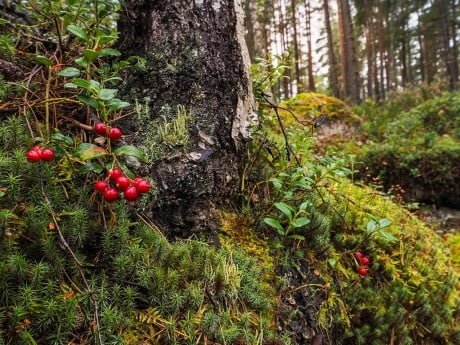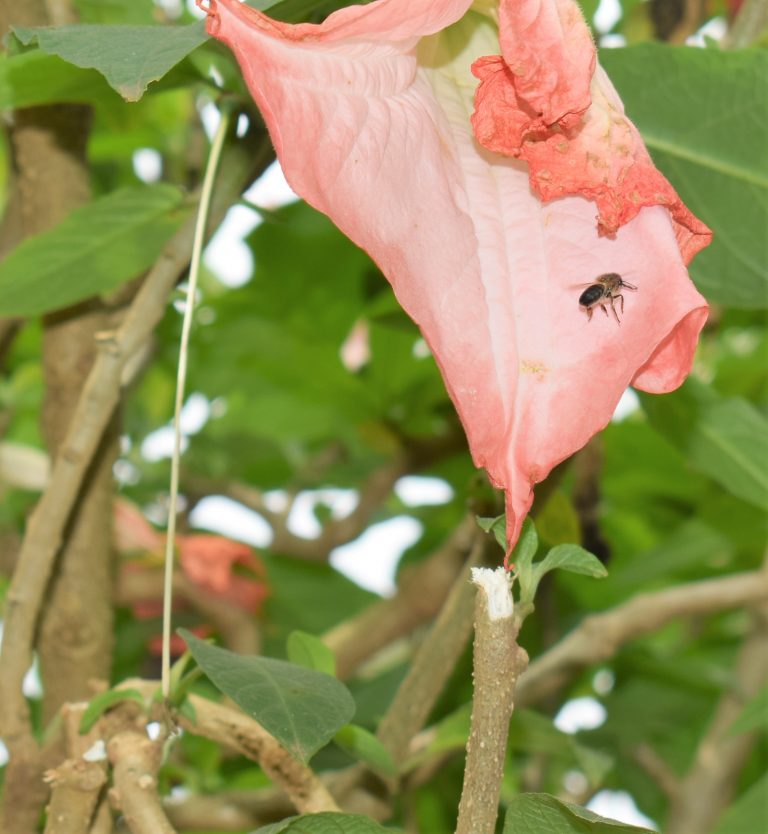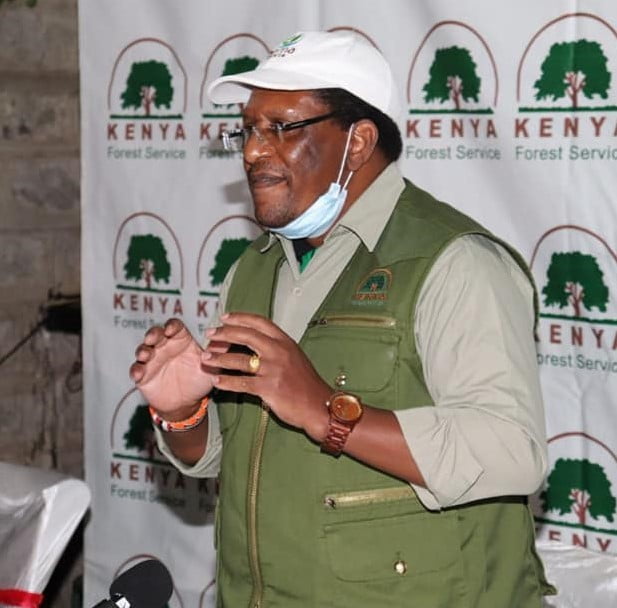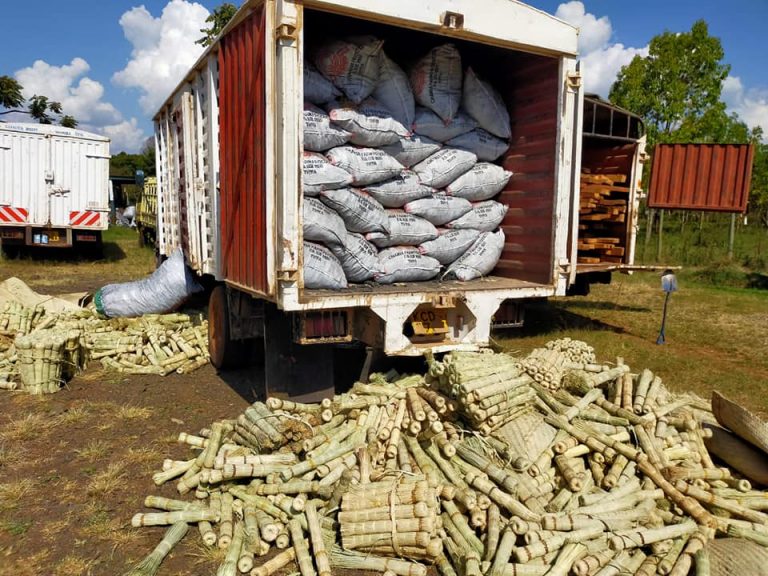The Kenya Forest Service will begin enforcing the national ban on Single –Use Plastics (SUPs) in forest reserves with effect from today the 5th June 2020, which also marks the World Environment Day. In a statement to media houses, KFS says the ban which was imposed by President Uhuru Kenyatta on 4th June 2019, will take full effect in all forest reserves countrywide. This includes public forests managed by the Service, that comprise 2.59 million hectares and those managed by the County Governments and communities that make up 1.7 million hectares. Due to this expansive coverage of forest reserves and the many facilities and activities found within the forests, the Service has developed guidelines for the implementation of this national ban with an overall goal of contributing to sustainable management of plastic waste in the country.
Subsequently, all forest conservancies and stations will roll out programs to educate stakeholders, promote appropriate alternatives to the use of SUPs in the forest areas, sensitize communities on the laws and regulations and ensure the ban is fully enforced. In the past, the Service and other stakeholders have been utilizing polythene tubes to raise tree seedlings in the tree nurseries. However, the polythene tubes will now be gradually replaced by viable alternatives such as Swaziland beds, root trainers and unigrow trays for seedlings propagation. The Kenya Forest Service has also developed a transition plan that will guide use of polythene tubes in tree nurseries, with a policy of reusing and recycling being applied in all forest reserves.
Banned SUPs include disposable plastic water bottles, disposable cutlery, non –woven plastic carrier bags, plastic cotton bud sticks, confectionary and snack wrappers, disposable sanitary items, wet wipes, single use toiletries packaged in plastics, among others. The Service encourages use of alternatives such as wooden and metallic containers reusable plastic/ glass bottles, reusable carrier bags, refillable soap containers and other eco –friendly materials.
Facilities and services within forest reserves that will be subject to the ban include licensed accommodation facilities, nature trails, picnic sites, tree platforms, boardwalks, canopy walks, guided tours, adventure activities, quarry sites, construction sites and installation sites among others.
According to KFS, the overall objective is to keep SUPs out of all forest reserves by educating stakeholders, promoting appropriate alternatives to the SUPs, sensitizing the public on the governing laws as well as enforcing these laws. The Forest Conservation and Management Act 2016 Section 67 (8b) prohibits dumping waste in a forest without authority and any person convicted of this, is liable on conviction to a fine not exceeding Kshs.3 million or to an imprisonment for a term not exceeding ten 10years or both.
The Service is also guided by legal provisions addressing waste management in Kenya, including the Constitution of Kenya 2010, The National Environment Policy 2013, Environmental Management and Coordination Act 1999, Waste Management Regulations of 2006, Draft National Sustainable Waste Management Policy, 2019, Draft National Sustainable Waste Management Bill, 2019, Plastic bag control and Management Regulations of 2018, and Draft Extended Producer Responsibility Regulations 2020.







